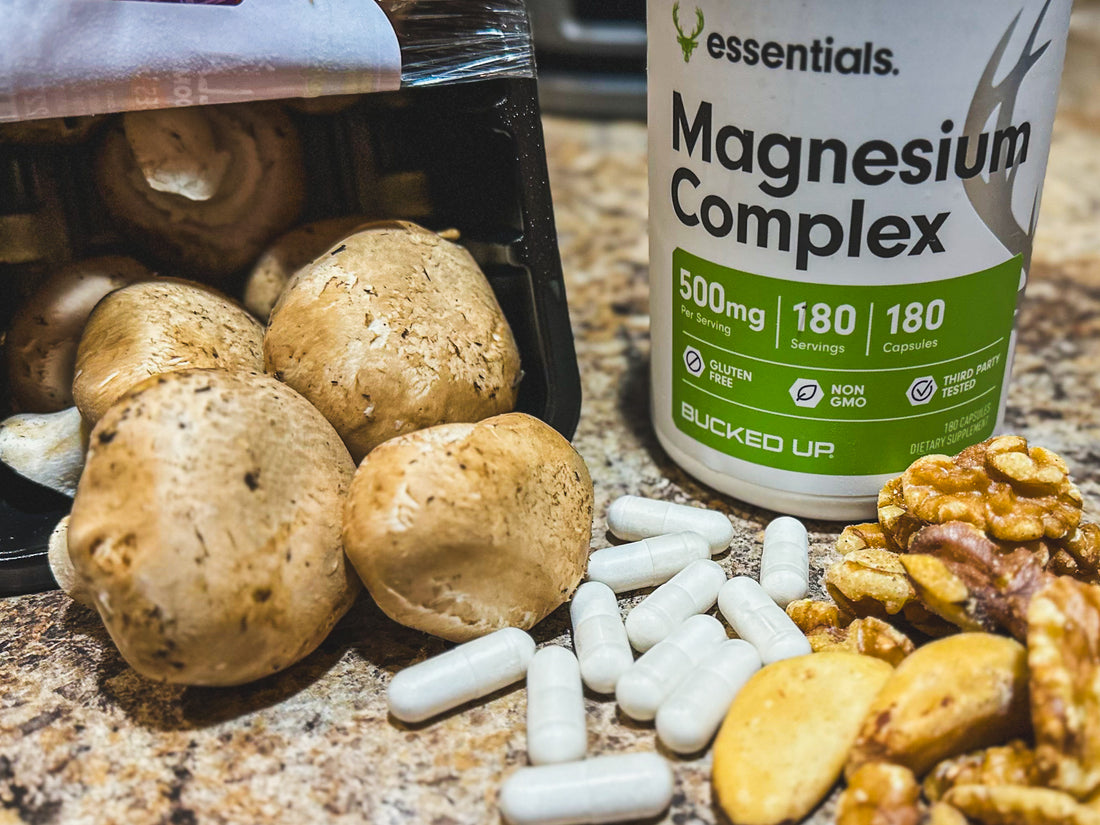As a personal trainer and nutrition coach, one of the fundamental aspects of optimizing performance and recovery in athletes and fitness enthusiasts is understanding the critical role of magnesium in the body. Magnesium isn't just another mineral; it's indispensable for over 300 biochemical reactions, including muscle and nerve function, energy production, and protein synthesis.
Why is Magnesium Important?
Magnesium plays a pivotal role in muscle function and recovery. It helps regulate muscle contractions and supports the synthesis of ATP, the primary energy source for cells. Without sufficient magnesium, athletes may experience muscle cramps, weakness, and increased fatigue, which can significantly hinder their performance and slow down recovery post-workout.
Sources of Magnesium
While magnesium is naturally found in various foods such as leafy green vegetables, nuts, seeds, whole grains, and legumes, modern diets and agricultural practices can sometimes lead to deficiencies. Factors like soil depletion and food processing may reduce the magnesium content in these foods, making it challenging for individuals to meet their daily requirements through diet alone.
Magnesium Supplementation
For those who struggle to obtain adequate magnesium from their diet or have a deficiency, supplementation can be a practical solution. Magnesium supplements come in several forms, each with its own absorption rate and benefits. Common types include magnesium citrate, magnesium glycinate, and magnesium oxide.
Best Type for Muscle Recovery: Magnesium Glycinate
When it comes to enhancing muscle recovery, magnesium glycinate is often recommended. It boasts high bioavailability, meaning it is easily absorbed by the body, and it supports muscle relaxation, which can help alleviate muscle cramps and soreness post-exercise. This makes it particularly beneficial for athletes looking to optimize their recovery process.
Enhancing Absorption with Vitamin D3
To further enhance the absorption and utilization of magnesium, pairing it with vitamin D3 can be beneficial. Vitamin D3 plays a crucial role in regulating calcium and phosphorus levels in the body, which are essential for muscle function and bone health. Together, magnesium and vitamin D3 work synergistically to support overall health, performance, and recovery.

